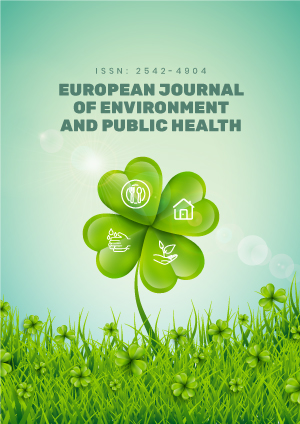Abstract
Having first reached epidemic proportions in coastal metropolitan areas, COVID-19 has spread around the country. Reported case rates vary across counties from zero to 126 per thousand population (around a state prison in the rural county of Trousdale, Tennessee). Overall, rural counties are underrepresented relative to their share of the population, but a growing proportion of all daily cases and deaths have been reported in rural counties. This analysis uses daily reports for all counties to present the trends and distribution of COVID-19 cases and deaths in rural counties, from late March to May 21, 2020. I describe the relationship between population density and case rates in rural and non-rural counties. Then I focus on noteworthy outbreaks linked to prisons, meat and poultry plants, and nursing homes, many of which are linked to high concentrations of Hispanic, American Indian, and Black populations. The growing epidemic in rural counties is apparently driven by outbreaks concentrated in these institutional settings, which are conducive to transmission. The impact of the epidemic in rural areas may be heightened due to their weaker health infrastructure and more vulnerable populations, especially due to age, socioeconomic status, and health conditions. As a result, the epidemic may contribute to the ongoing decline of health, economic, and social conditions in rural areas.
License
This is an open access article distributed under the Creative Commons Attribution License which permits unrestricted use, distribution, and reproduction in any medium, provided the original work is properly cited.
Article Type: Research Article
EUR J ENV PUBLIC HLT, Volume 4, Issue 2, 2020, Article No: em0050
https://doi.org/10.29333/ejeph/8331
Publication date: 09 Jun 2020
Article Views: 3301
Article Downloads: 2483
Open Access References How to cite this article
 Full Text (PDF)
Full Text (PDF)